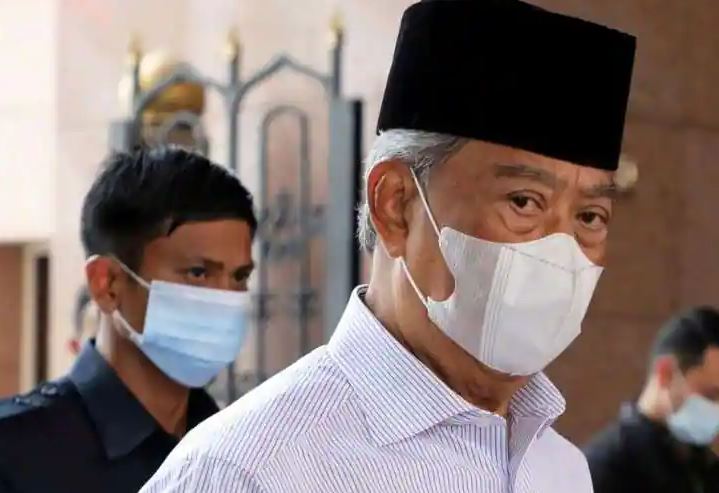Special Desk
In a major international political development Malaysia’s Prime Minister Muhyiddin Yassin stepped down after months of political turmoil culminated in the loss of his majority for him.
Muhyiddin’s resignation ends a tumultuous 17 months in office, the shortest stint of a Malaysian leader, but hampers efforts to reboot a pandemic-stricken economy and curb a resurgence of COVID-19 infections.
Muhyiddin had a few days before agrees to face vote of confidence as the parliament was about to start in September. This would have been for the first time in the history of Malaysia that vote of confidence would have been done for a PM but not any more now.
The Southeast Asian nation’s king appointed Muhyiddin as the caretaker prime minister until a new one is found, but did not set a timeline.

King Al-Sultan Abdullah ruled out elections because of the pandemic, saying he would invoke his constitutional power to appoint a prime minister he believes is likely to command a majority. Malaysia’s ringgit currency fell to a one-year low on the news.
Muhyiddin said he resigned along with his cabinet after losing majority support in parliament. As caretaker, he added, he will have no cabinet, but will perform executive functions and advise the king until a new prime minister is appointed.
“I hope a new government can be formed immediately so that the administration of this country is not disrupted,” he said in a televised speech.
Malaysia’s infections and deaths per million rank as the region’s highest in the pandemic. It was not immediately clear who could form the next government, as no lawmaker has a clear majority in parliament. The opposition bloc and the biggest party are split on support for their prime ministerial candidates.
“There is no clear replacement, which raises uncertainty further, and that means more economic stagnation,” said Trinh Nguyen, a senior economist at Natixis in Hong Kong, adding that political uncertainty had become the new normal in Malaysia.
 Jubilee Post News & Views
Jubilee Post News & Views





